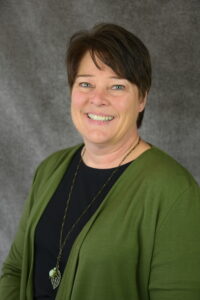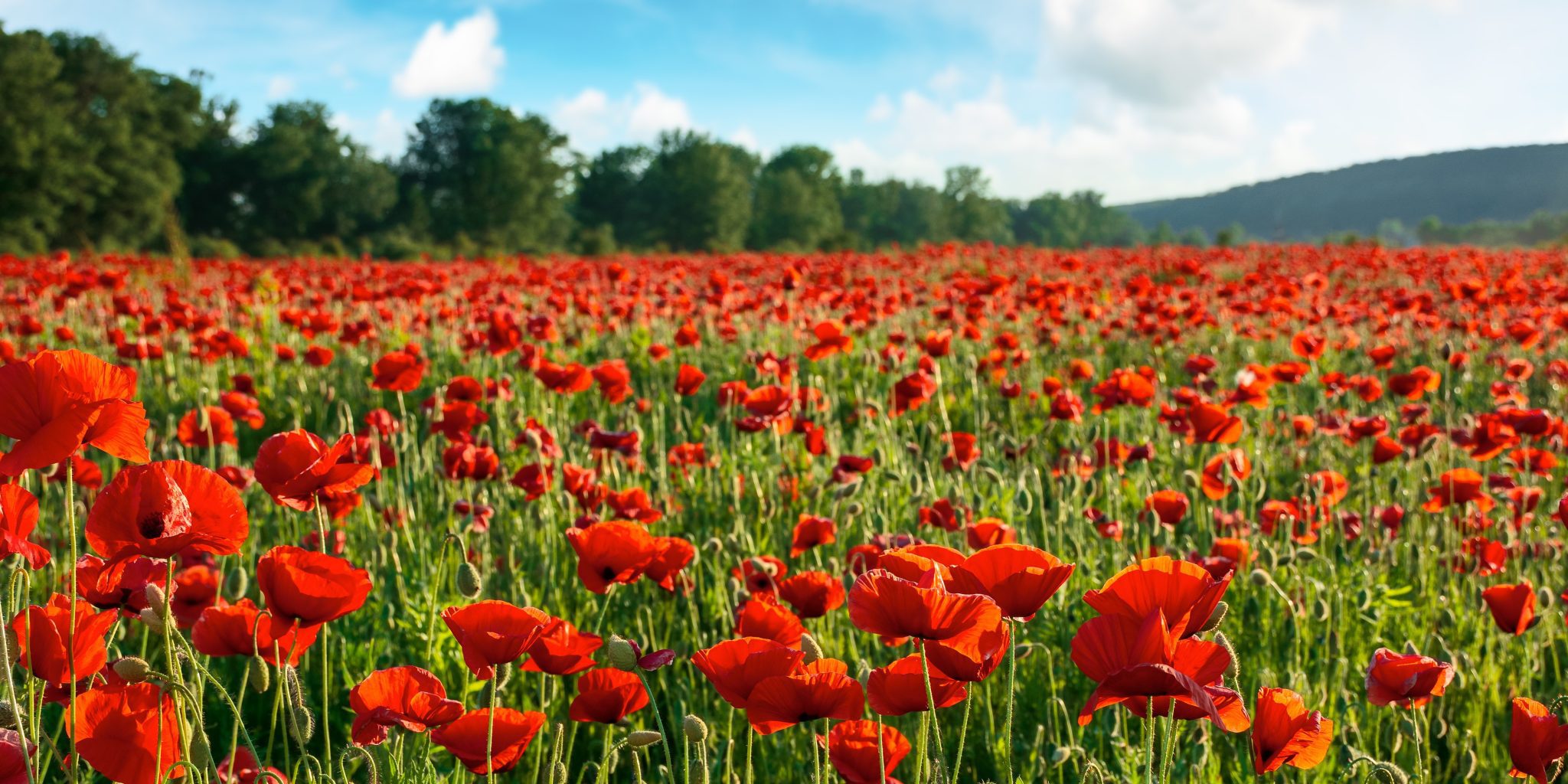By Sara Croymans
Across the nation, Memorial Day Services are held every year to honor the men and women who have died while serving in the U.S. military. Oftentimes, the poem In Flanders Field is read at these services. I have often wondered about the origin of the poem.
During World War I, Canadian Army doctor Lieutenant Colonel (LTC) John McCrae was stationed near Ypres, Belgium, in an area called Flanders. The day after his friend, Lieutenant Alexis Helmer, was killed in action and buried in a grave among blooming wild poppies LTC McCrae wrote the historic poem In Flanders Field (Defense Media Network, n.d.). Over the years, this poem has come to symbolize the sacrifice of all who have died while serving in the military.
In Flanders Field
In Flanders fields the poppies blow
Between the crosses, row on row,
That mark our place; and in the sky
The larks, still bravely singing, fly
Scarce heard amid the guns below.
We are the Dead. Short days ago
We lived, felt dawn, saw sunset glow,
Loved and were loved, and now we lie
In Flanders fields.
Take up our quarrel with the foe:
To you, from failing hands, we throw
The torch; be yours to hold it high.
If ye break faith with us who die
We shall not sleep, though poppies grow
In Flanders fields.
Less than one percent of all U.S. adults serve in the military (Schaeffer, 2021). In 2021 there were over 4.6 million DoD force personnel and family members (DoD, n.d.). The U.S. Department of Defense (2023) also provides casualty status for recent operations.
The lines in the third stanza of the poem, “To you, from failing hands we throw the torch; be yours to hold it high”, challenges us, as professionals and educators, to step up and do our part. Given that, we should consider other ways to support efforts. Below are a few ideas.
Call to Action
- Learn about the history of Memorial Day from the National Archives News webpage. The Memorial Day: A Commemoration includes video resources, articles and blogs, and links to the Presidential Libraries that highlight speeches/remarks and proclamations from several U.S. Presidents.
- Find recommendations on how to honor our deceased heroes from the Memorial Day Foundation and from this Military OneSource article, Remember America’s Military Heroes on Memorial Day Weekend.
- Participate in a Memorial Day Service near you. The U.S. Department of Veteran Affairs National Cemetery Administration provides information on ceremonies being held at over 130 VA national cemeteries. Contact your local County Veteran Service Officer to find a Memorial Day Service near you.
- Encourage military service members and families to participate or volunteer in a Memorial Day Service or similar events. Research shows a connection between volunteer work and improvements in mental health (St. Louis University, 2017).
- As a service provider, share resources, such as counseling and/or educational workshops to support those who are struggling in the grieving process. Days like Memorial Day may be triggering to some and therefore, having resources to support them would be helpful. The 988 Suicide and Crisis Lifeline provides 24/7, free and confidential support for people in distress, prevention and crisis resources as well as best practices for professionals.
References
Defense Media Network. (2020, May 25). Memorial Day Poem: In Flanders Fields.
Department of Defense (DoD), Office of the Deputy Assistant Secretary of Defense for Military Community and Family Policy (ODASD (MC&FP)). (n.d.). 2021 Demographics: Profile of the Military Community.
Schaeffer, K. (2021, April 5). The changing face of America’s veteran population. Pew Research Center.
St. Louis University. (2017). SLU Research: Volunteering Eases Veterans’ Transition to Civilian Life.
U.S. Department of Defense. (2023, May 8). Casualty Status.
Writers Biography
 Sara Croymans, MEd, AFC, University of Minnesota Extension Educator, member of the OneOp Family Transitions team, military spouse, and mother.
Sara Croymans, MEd, AFC, University of Minnesota Extension Educator, member of the OneOp Family Transitions team, military spouse, and mother.
Photo source: Adobestock















